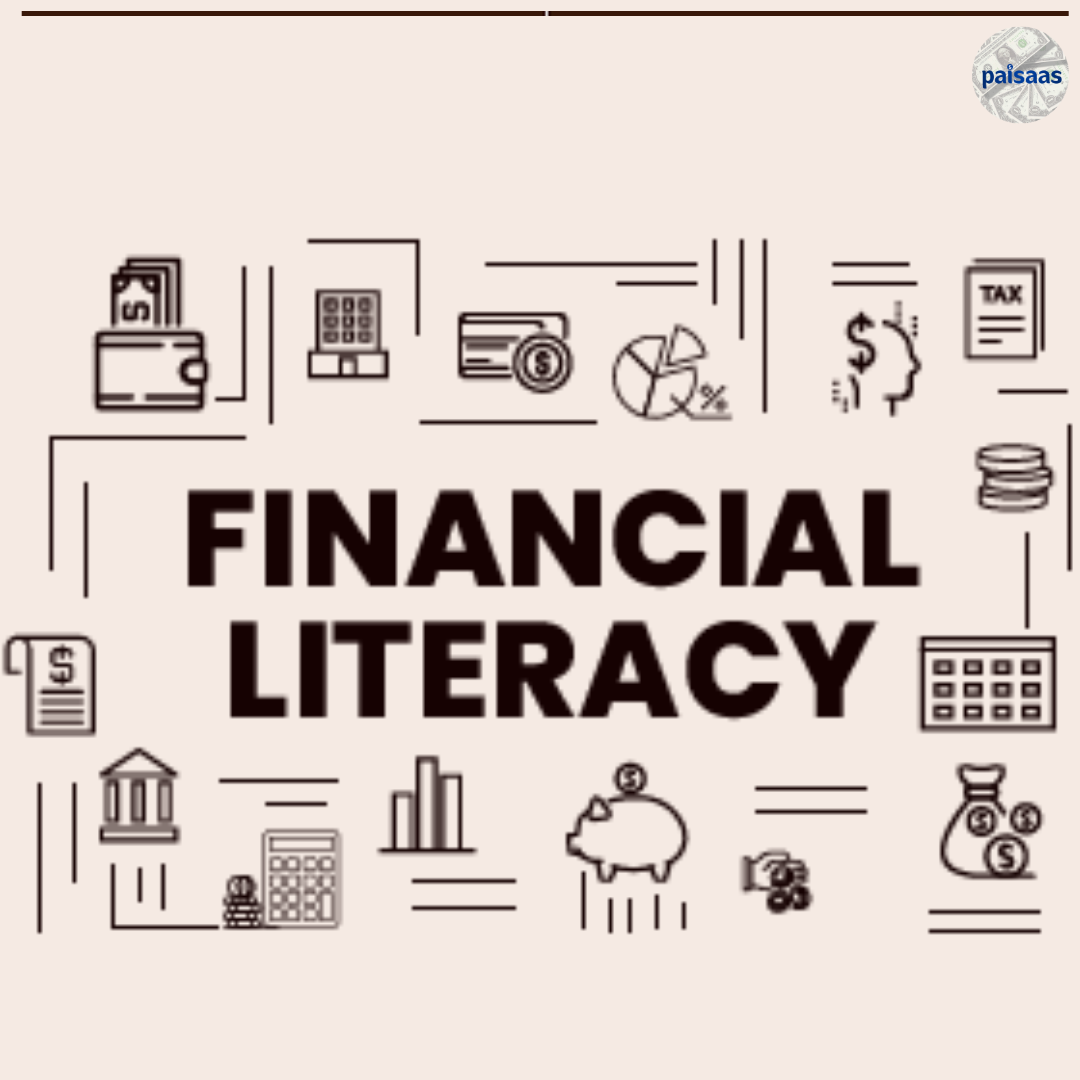

“Empowering Through Knowledge: The Importance of Financial Education and Financial Literacy“
Empowering Through Knowledge: The Importance of Financial Education and Financial Literacy
In today’s complex and ever-changing financial landscape, the importance of financial education and financial literacy cannot be overstated. These two interconnected concepts play a crucial role in empowering individuals to make informed decisions about their money, investments, and overall financial well-being. By equipping people with the necessary knowledge and skills, we can foster a society that is better equipped to navigate financial challenges and capitalize on opportunities.
Financial education refers to the process of acquiring knowledge and understanding about various financial concepts, products, and strategies. It encompasses a wide range of topics, including budgeting, saving, investing, debt management, retirement planning, and risk management. Financial literacy, on the other hand, focuses on the practical application of that knowledge in real-life situations. It involves the ability to analyze financial information, make sound financial decisions, and effectively manage personal finances.
One of the primary reasons why financial education and financial literacy are so crucial is the increasing complexity of financial products and services. Gone are the days when saving money in a simple savings account was the primary financial concern for most individuals. Today, we are exposed to a wide array of investment options, insurance policies, credit products, and retirement plans. Without a solid understanding of these concepts, individuals may fall prey to predatory practices, make ill-informed decisions, or miss out on valuable opportunities.
Moreover, financial education and financial literacy are essential for promoting financial well-being and stability. They empower individuals to take control of their financial lives, set realistic goals, and make prudent financial decisions. By understanding concepts such as budgeting and saving, individuals can manage their income effectively, avoid unnecessary debt, and build a strong financial foundation. Additionally, financial literacy helps individuals recognize and mitigate financial risks, ensuring greater financial security in the face of emergencies or economic downturns.
Financial education and financial literacy also contribute to long-term financial success. By gaining knowledge about investing, individuals can make informed decisions about their portfolios, diversify their investments, and potentially maximize returns. They can also plan for retirement effectively, understanding the importance of starting early and taking advantage of compounding interest. Financially literate individuals are more likely to make sound decisions regarding mortgages, loans, and other forms of credit, avoiding excessive debt and financial strain.
To promote financial education and financial literacy, it is crucial to foster a culture of learning and provide accessible resources and tools. Educational institutions, governments, employers, and community organizations all have a role to play in creating opportunities for financial education. Integrating financial literacy programs into school curricula, offering workplace financial wellness programs, and organizing community workshops are some effective strategies. Online platforms and mobile applications can also provide easily accessible information and interactive tools to enhance financial knowledge and skills.
It is important to note that financial education is not a one-time event but rather an ongoing process. As the financial landscape evolves, individuals must continuously update their knowledge and adapt their strategies. Therefore, cultivating a habit of lifelong learning and staying informed about changes in financial regulations, market trends, and investment strategies is essential.
In conclusion, financial education and financial literacy are crucial for empowering individuals to make informed financial decisions, achieve financial stability, and pursue long-term financial success. By equipping people with the necessary knowledge and skills, we can create a society that is better prepared to navigate the complexities of the financial world. Promoting financial education and fostering financial literacy should be a collective effort involving educational institutions, governments, employers, and community organizations. Together, we can ensure that individuals have the tools they need to build a secure and prosperous financial future.




